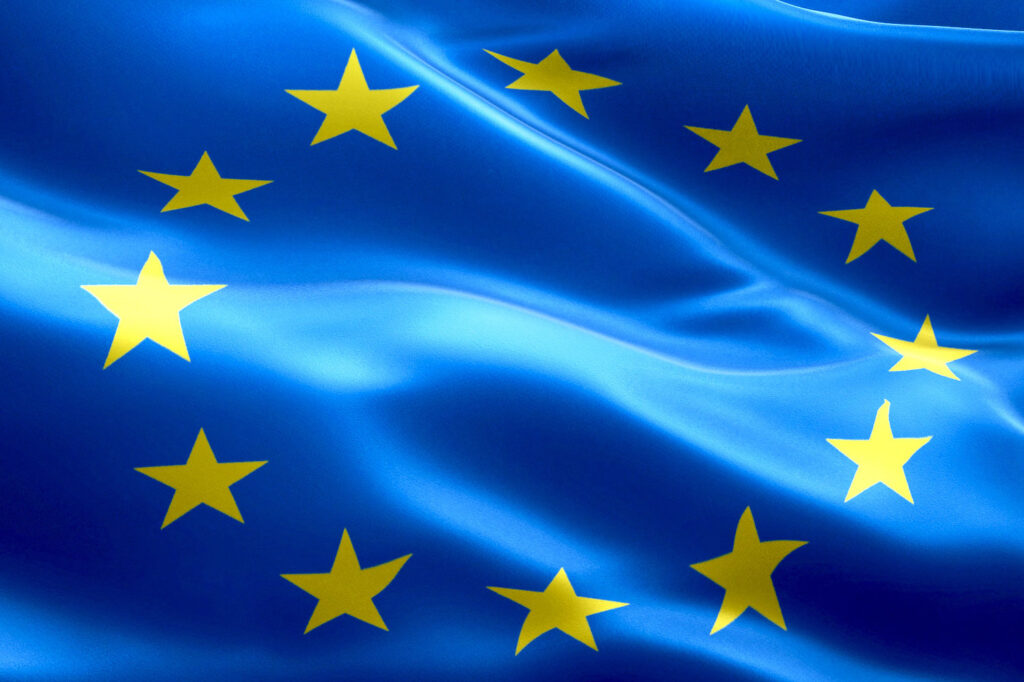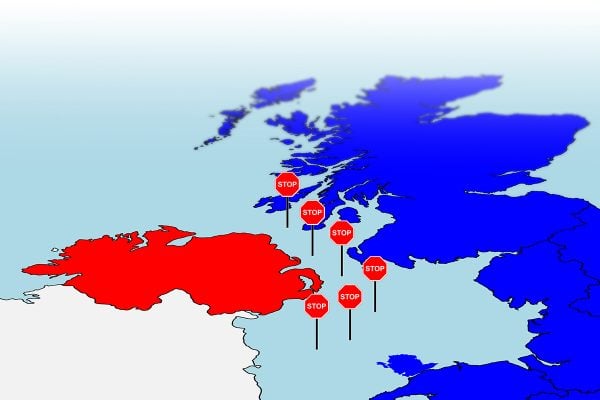 Alan Rhode, co-founder at London based firm Taxmen, looks at the tax regulations and why they make it very difficult for merchants to sell booze cross border in the EU.
Alan Rhode, co-founder at London based firm Taxmen, looks at the tax regulations and why they make it very difficult for merchants to sell booze cross border in the EU.
European online stores of beer, wine and other alcohol products often complain about how difficult is to sell alcohol products to individual customers in other EU countries.
With the growing number of wineries in the southern part of the UK, this is no longer a problem concerning only Italy, France, Spain and the other traditional European wine-producing countries.
The main issue is a fiscal one: VAT and excise duties.
Unlikely all other goods, alcohol products sold online are always subject to VAT in the EU state where they are delivered to, regardless of the volume of yearly sales (Art. 34 of VAT Directive 112/2006).
As a consequence, every EU seller intending to ship even a very limited quantity of wine (for instance, a bottle) to consumers in various EU states needs to register for VAT in all those EU states.
Furthermore, wine sales are also subject to excise duties in the EU state of delivery of the products. Sellers are thus legally required to appoint a tax representative for compliance purposes in every single EU state where excisable products are shipped to.
Before the goods are even dispatched from overseas, the tax representative must notify the local customs authorities with a detailed description of the alcohol products included in the shipment destined to be imported. After that the excise goods arrive at destination, the tax representative must then pay the excise duties declared on behalf of the seller and inform the tax authorities that the shipment has arrived.
It appears that some EU states have transposed these rules into their national law with even more trade-hostile effects. In Ireland, for instance, it is currently illegal to deliver excisable goods to Irish consumers directly from overseas without the goods being held ready at a local facility for inspection by customs official.
The problem has been acknowledged by the European Commission itself. During a meeting of the Excise Contact Group in Brussels on 3 July 2015, the Chairman clearly hinted at the possibility of extending the VAT MOSS to the reporting and payment of excise duties on distance selling of alcohol products.
However, this can become a realistic scenario only if the proposed reform to extend the MOSS to all EU distance sales of physical goods for VAT purposes from 2021, unveiled by the European Commission on 1 December 2016, is approved by all Member States.
It is still unclear how the reform will affect UK exports of wine or beer to Europe after that the Brexit process has been completed.









One Response
Most people I know buy their booze from Spanish sites such as uvinum.co.uk
A good example of how us Brits follow the rules to the letter and the rest of Europe ignore any they don’t like.